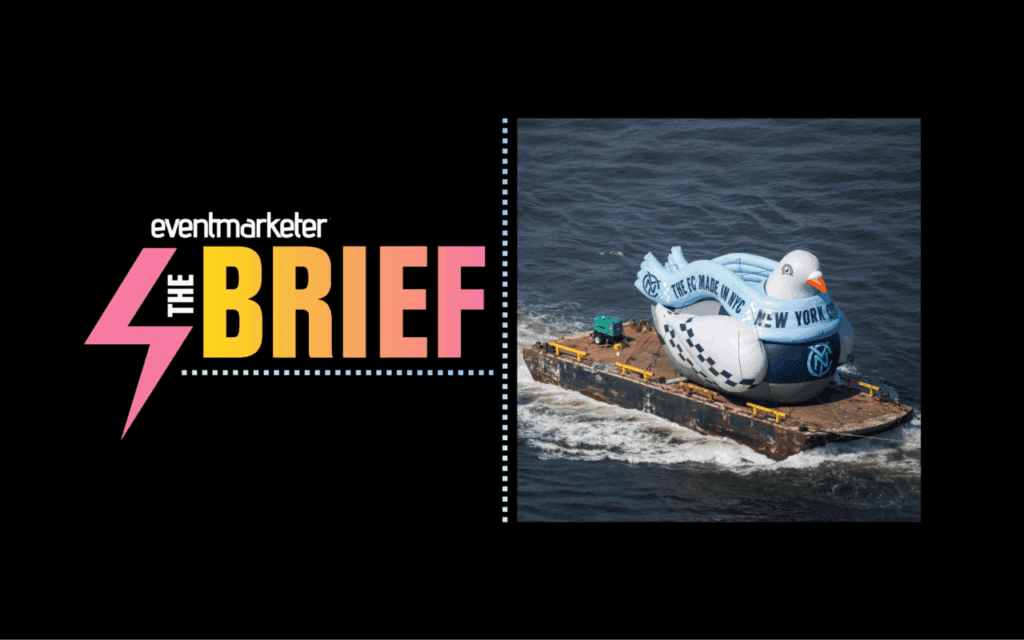Is it my international upbringing, or progress, or buzz marketing? Fifteen years ago I directed strategic promotional marketing programs and didn’t even know it. I thought it was advertising.
It’s the way I approached assignments. One concept gives additional motivation for people to buy our product. Another gets people to continuously buy our product. A third identifies our product with a cause to increase sales through awareness and goodwill.
Come to find out, I was actually cross-disciplining, something that by today’s U.S. standards should not be done.
I was in an advertising agency that was practicing the discipline of promotional marketing, mostly loyalty marketing and cause marketing.
That’s fine in Europe, South Africa, or Israel, but not here, where the conventional wisdom is that only a loyalty marketing agency has the capabilities and expertise to run loyalty marketing programs. If you aren’t a cause marketing agency, you’re clueless on causes. After all, everyone knows advertising people can’t comprehend promotional marketing, right?
The truth is, these are only mental barriers. Agencies and clients think there is such a thing as niche marketing services, because marketing and creativity have been pigeonholed in the U.S. When I review samples of work I created in other countries several years ago, I see no difference from the work I’m creating now in the U.S.
Marketing is marketing. What worked in Israel works in South Africa, works in Europe, and works in the U.S. And while the U.S. leads the world in promotional marketing practices, it has been carried to such degrees of expertise that its practitioners have begun to believe that this kind of marketing is not that kind of marketing.
People give lip-service to integration, but what’s really happening is fragmentation. In the process of boiling promotional disciplines down to perfection, we’ve narrowed our perspective of the big picture. Clients also encourage this fragmented marketing approach by establishing and allocating budgets to different services and agencies. They award business based on their perception of each agency’s specialty.
Crossing the line Overseas, our advertising agencies didn’t need a specialized business management school program or consultants to cross the marketing lines – just a sense of marketing and its purpose.
For example, Ogilvy & Mather in Johannesburg really was the full-service agency it claimed to be when I was there. We only recognized two categories of work, above- and below-the-line. Above-the-line meant we received revenue from commissions, so we never counted the hours we might spend on a TV shoot. Below-the-line meant we charged a fee for the service and were accountable for our hours. Beyond that, we simply developed strategies and programs that best suited our clients’ marketing objectives.
We promoted Lever Bros.’s Omo detergent with a program and creative execution you’d expect from a promotion agency. The Omo Mom of the Month was a coloring and essay competition that generated extra awareness and involvement for the brand while it positioned it specifically for kids’ clothing. It was the mid-’80s, and we were doing sophisticated promotional programs that today would require convoluted development with new buzzwords, over-analysis, and artificial marketing divisions.
In Israel, Danny is a popular yogurt treat for kids. I was with the country’s largest advertising agency when we did a highly successful continuity program, collectible Disney stickers for school gear. It was the early ’80s and we didn’t even know the U.S. term “continuity.” We simply knew our marketing objective: Motivate kids to keep enjoying Danny.
Another Israel client, M.A.N. truck and bus importers, wanted to promote safety and goodwill at the family level. We created a popular recording with a child star singing songs about road safety. The term “cause marketing” was not in our vocabulary, but the program was so successful it depleted our entire premium inventory.
We also ran a photography contest for Kodak that mirrored the popular promotion tactic here in the U.S. – an ad agency providing another promotional marketing service.
Promotional marketing is universal, not the domain of specialized agencies. We should eliminate the practice of fiercely defining and defending our marketing turfs.
 Network
Network

